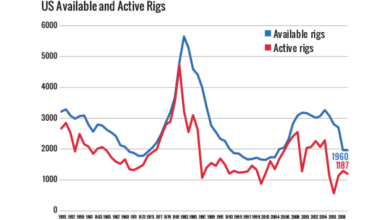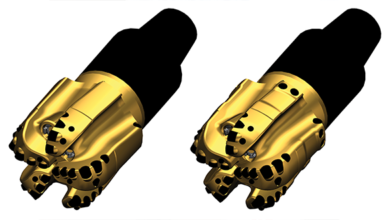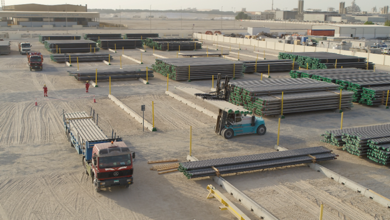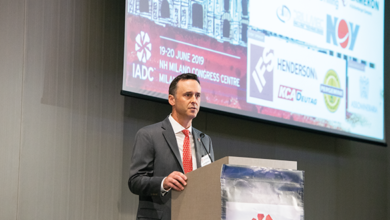By Linda Hsieh, Editor & Publisher
Humans are creatures of habit. While some people are more open to new ideas than others, at some level we all look at big changes with some trepidation. Will it remove something important from my control? Do I understand what the consequences will be, and who will bear those consequences? Am I competent enough to handle the change?
There are myriad reasons why people resist change. And yet, as the saying goes, the only thing that is constant is change.
In the drilling industry, massive changes are under way. The deep and prolonged downturn over the past few years brought about significant changes in companies’ spending habits that are likely to sustain for years to come. It also underscored the need for accelerated digitalization, widely recognized as an enabler for the next step-change in performance and efficiency.
But another cornerstone to the industry’s future success may be even harder to achieve than digitalization, and that is collaboration.
“Collaboration is a human challenge because it involves change,” David Reid, Chief Marketing Officer at National Oilwell Varco (NOV), said in a panel session at the 2019 SPE/IADC International Drilling Conference in March. To truly collaborate, he said, companies need to learn to trust each other. They also have to stay agile to respond to change. NOV, for example, used to do 75% of its business in offshore and the rest in land; now it’s the other way around.
He also pointed to the company’s NOVOS system as an automation platform that was built to encourage collaboration. “That wasn’t easy for us to do, but it’s something we have to learn to do to be open with our business models.”
However, just having a platform for collaboration doesn’t mean much if people don’t come together to use it. Mr Reid likened it to a gym membership. Having one isn’t the important part. “It’s using the gym that matters.”
Collaborative projects
There are, fortunately, multiple other collaboration-based projects going on in the industry. One of the better-known ones is the alliance that Aker BP signed with Maersk Drilling and Halliburton. The agreement is a clear shared incentive model, Angela Durkin, Maersk Senior VP and Chief Operating Officer, said in the same panel session at the Drilling Conference.
“We share the gain, we share the pain. We have an AFE like everyone else does. Anything we do better than planned, we share. Anything we do worse than planned, we also share.”
Looking over a five-year horizon, the alliance expects to significantly increase well construction efficiency, even potentially halving average well costs, Ms Durkin said.
Another collaboration-based project is driving change and innovation in a completely different way. In Canada, Beaver Drilling partnered with the University of Calgary a few years ago to establish Avatar, a training program that also functions as a tech accelerator.
With support from E&P and aerospace partners, 16 members of Beaver’s rig crews were presented with industry challenges and research on technologies like artificial intelligence. They were then encouraged to collaborate with one another to come up with innovative technologies and business models. Ideas are being implemented at the rig site under the supervision of the university and industry professionals.
“This is what a ground-up approach to innovation looks like,” Beaver President and CEO Kevin Krausert said during the panel session at the Drilling Conference, adding that the industry needs this kind of multidisciplinary approach to create a new sense of collaboration.
“One of the Avatars in the program, Russell, started with us in 2015,” Mr Krausert said. “He went through four years of downturn with us in Canada. I asked him, ‘Why do you want to work in the drilling industry?’ And he said, ‘Because it’s the best shot I’ve got to change the world.’
“There is a better future,” Mr Krausert concluded. “And there are guys like Russell who are going to build it.” DC





